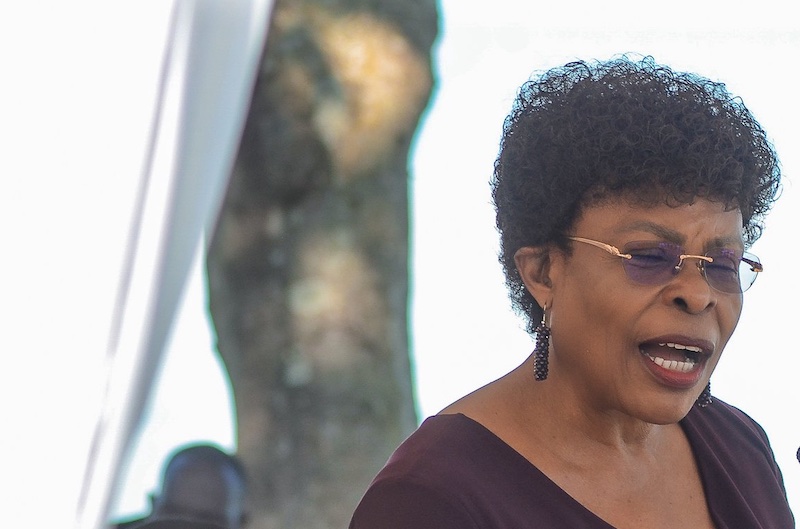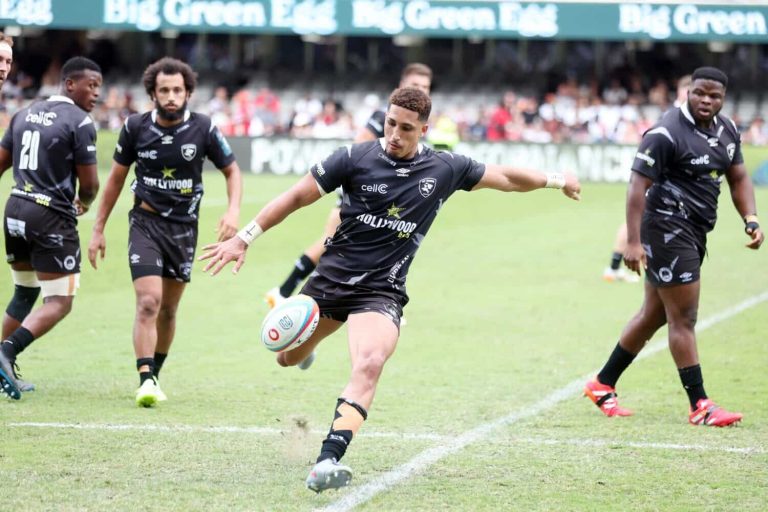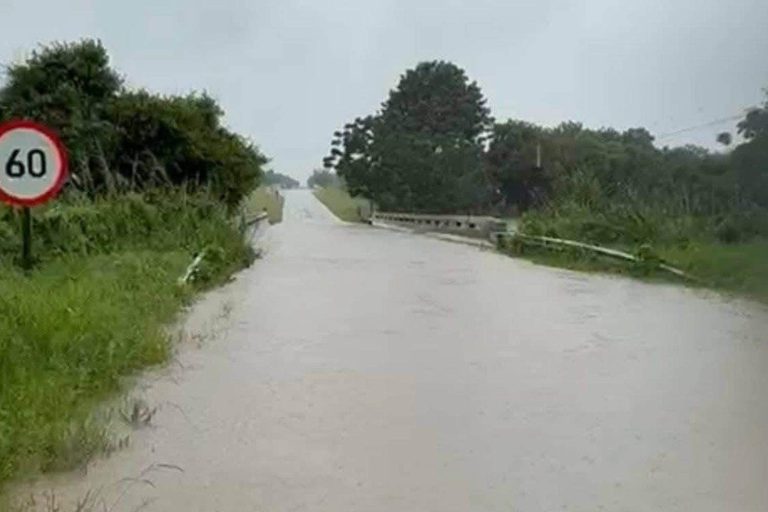
On September 22, the four-year contract of BETI KAMYA, the Inspector General of Government (IGG), expired along with that of her deputies Patricia Okiria and Anne Twinomugisha Muhairwe.
Over the past four years, Kamya, as the government ombudsman, endured a challenging experience, and whereas she remains cagey about the desire to complete her mandated two terms, she told David Lumu in a prior interview before the expiry of her tenure that asset tracing and financial profiling are the keys to unlocking the corruption syndicate in the country.
Kamya, once a top-level opposition politician, working with President Museveni has been a life- changing experience.
“The past four years have been a great revelation for me. They have provided a mindset change and have also given me an opportunity to awaken the general public about the cost of corruption in ways I never expected. The issue of investigating and hunting down corrupt people has really added a lot of value to my life,” she says.
“I think we have done very well, especially in terms of taking the corruption war to the public. I knew that if I really wasted to win the war, it had to be a people’s war. When I assumed office, my maiden statement was that we are going to take this war of corruption to the people.
Over time, ordinary people have understood that they are victims of corruption, and they have put their hearts into this war. To me, beyond engaging the public, we have had success in changing the mindset of the public. Generally, the public had little problem with corruption. The pro-corruption crusade always reasoned that it was someone’s opportunity to eat. So, it is always my campaign to tell them it is not okay.”
Kamya acknowledges that her biggest challenge has been syndicated corruption that is almost impossible to stop.
“Syndicated corruption starts from the budgeting process through the appropriation process in parliament, through the execution process in MDAs, down to the service provider. All those people along the chain, if they are involved in the syndicated corruption, it’s very difficult to fight them because you just cannot get enough evidence. They all cover up for one another,” she says.
In spite of her rosy assessment of her tenure, data continues to show that Uganda is struggling with corruption. In fact, the most recent figures released by Transparency International show that Uganda has not actually gained ground against corruption.
However, Kamya believes her team has done enough to push Uganda’s ranking higher, changing culture and perception.
“The key issue is mindset change. You don’t just get up and start picking the fruits. We have laid the infrastructure, the foundation of a society that condemns rather than condones corruption. In the last four years, we have started different initiatives to recover the loot from the corrupt through raising public consciousness about the impact of corruption on the quality of life. I want this message to go out. If you don’t deal with corruption in your space, corruption will deal with you,” she says.
In spite of all this, there is hardly any top figure ‘big fish’ Kamya netted to show for her anti-corruption resolve. To this, she reasons that by the time the person goes to steal, they have planned for the IGG investigation.
“So, they are always ahead of us. They are smarter. They are not easy to trap. They don’t sign anywhere. For instance, public service regulations don’t require a minister to sign a cheque. Regulations don’t require the big fish to go to the bank and get money or sign vouchers,” she reasons.
“Corruption is a process negotiated behind the scenes, mostly through proxies. So, people turn up in the boardroom or management meeting simply to implement what they or their proxies discussed outside, and they implement all this using the law. In the process, they tick all the procurement laws and procedures.”
To this, Kamya admits it is frustrating when she has to endorse by ticking all the procedural boxes. “So, many times I found myself having to sign off a report saying the process was carried out according to the law, but deep inside you know money was stolen,” she says.
SHIFT IN STRATEGY
Over the past few years, failure to obtain concrete documentary evidence has drawn Kamya to shift tact to a lifestyle audit.
“Our new strategy is to see asset tracing and financial profiling. Over the past few months, we have initiated a strategy during the investigation of a case. So, from all the people in that case, we create parallel files to follow their assets, their wealth, financial profiling and asset tracing. So, rather than depend only on investigating allegations, the burden shifts to the suspect or accused,” she says.
“This is a new strategy also used in Kenya. Previously, we have been getting evidence that is not admissible in a court. I am confident that our new strategy of asset tracing or financial profiling will give results. Previously, people have been saying corrupt officials are slippery and that we can’t catch them because they don’t sign anywhere. Now, through asset tracing and financial profiling, they don’t have to sign anywhere. But they must explain how they go that way. So, I think it’s a good new strategy.”
But then again, even if Kamya were to implement her mandate with zero tolerance, President Museveni warned her to go slow on army officers. From the corridors of power, it is said that many corrupt people have turned to registering their assets with army officers. To this, Kamya says it is not easy, as seen on paper.
“Not many people can do that [register their property with army officers], and I don’t think that many are doing it. I think it’s just a wise action. But to come to a point about the president, Section 18 of the IGG Act provides for the limitation on investigations by the inspectorate. Which is okay because the president has these unlimited powers, especially if the matter is likely to be prejudicial to the security, defence or international relations,” she says.
Looking ahead, Kamya is optimistic she will get a second term along with her team in order to fulfil the mandate they started.
“The start was challenging, but we have made big strides in our approach. Not much has been said about our drive to digitise the institution, but we are on a very aggressive strategy of migration from analogue to digital. In our five-year strategic plan, it is hoped that in the next two years, the inspectorate should be fully digitalised. This will help improve the quality of investigations and results,” she says.



